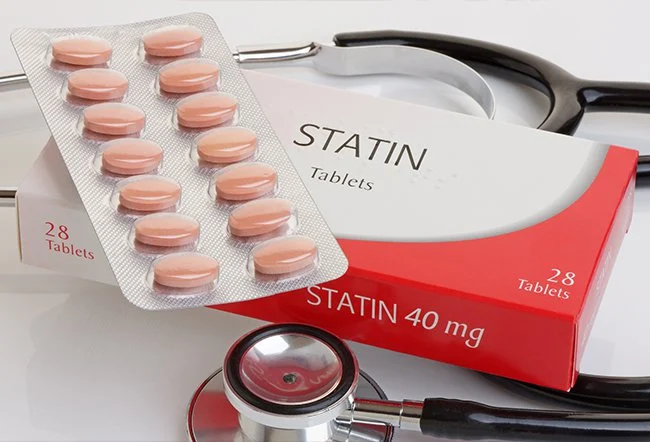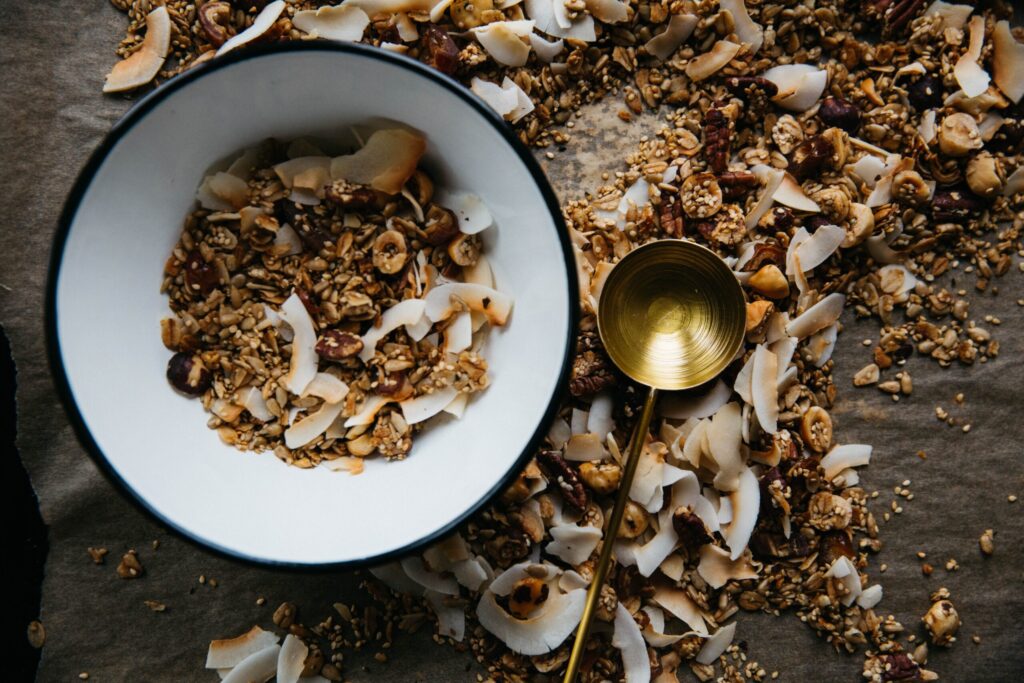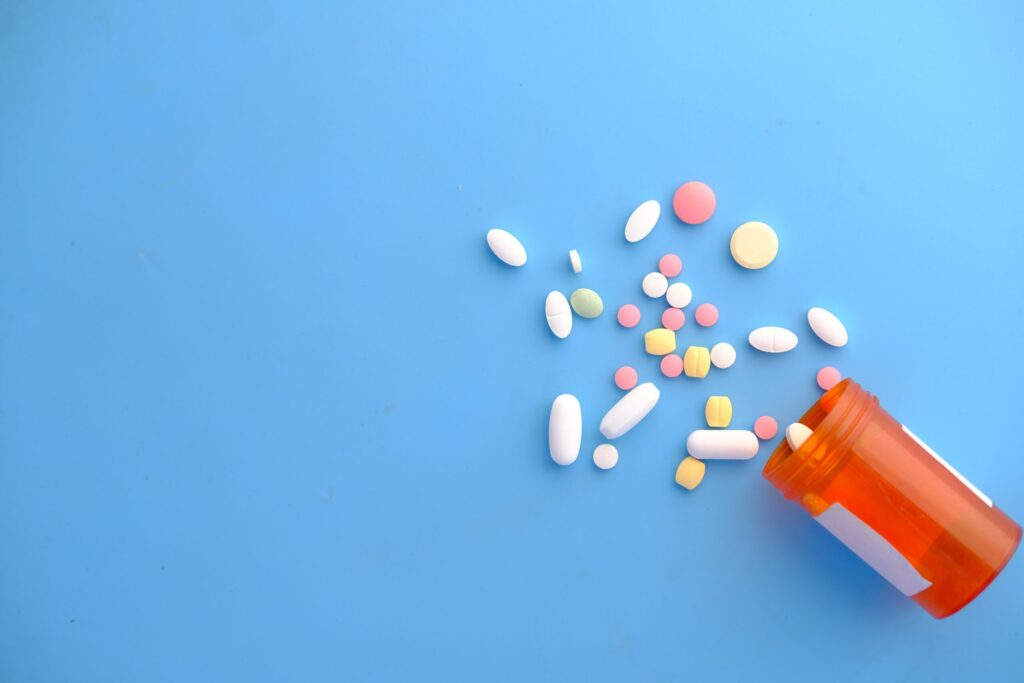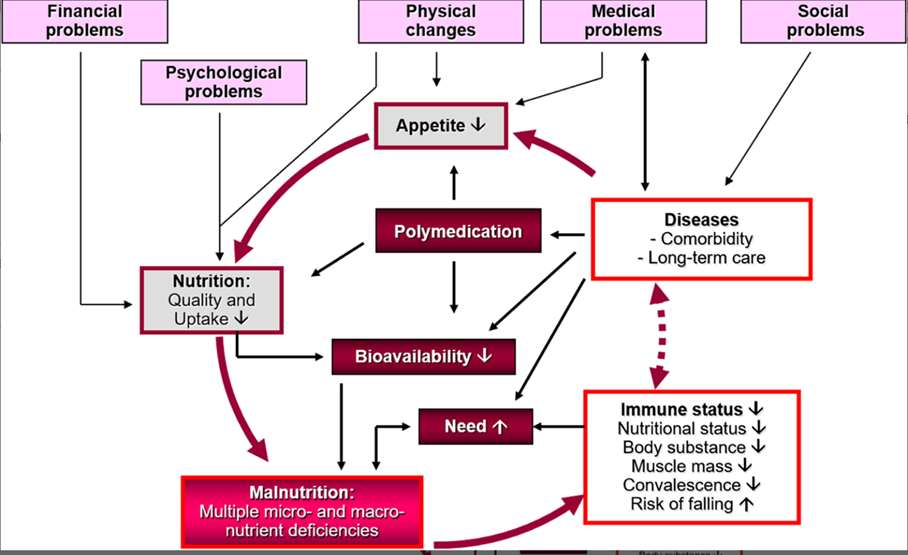
16 Herbs Scientifically Shown to Treat Parkinson’s Disease
Many important herbs are effective in supporting people with Parkinson’s disease. I will walk you through some of these herbs and other natural compounds that can help you or a loved one facing this disease.








